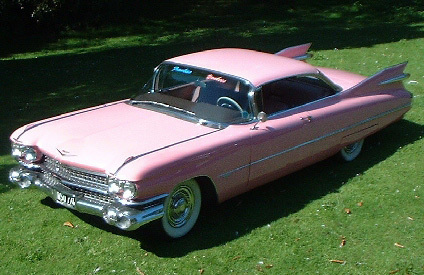Kierkegaard on religion.
More ideas, or guidelines, paraphrased from Kierkegaard as I learned in the course PGTL. Kierkegaard had a strong belief in Jesus. The first paragraph below is one of my all time favorite ideas.
Reason must be used to its fullest in order for us to experience that reason will not get us there [to the answer of the meaning of life]; we must use reason to its fullest in order to discover that the idea that we can find the meaning of life from a rational standpoint does not make sense. You have accept that belief in God is irrational, and then make a leap of faith and believe that God exists.
The Christianity that is the way to the meaning of life is offensive to our human reason. If you think that the reason you believe in Christianity is because it makes sense, you have misunderstood Christianity.
Even if you walked next to Jesus and talked to him, you would be no closer to him, know him no better than a human being can know him today.
Only individuals can know God, institutional settings falsely hijack the soul and they give us a false sense of reassurance, they don't enhance our soul and our quest for meaning in life.
Even if our life ends with death and we would never be again, there is still the notion that there is a kind of objective immortality: though we die, we could have least have known what matters.
Reason must be used to its fullest in order for us to experience that reason will not get us there [to the answer of the meaning of life]; we must use reason to its fullest in order to discover that the idea that we can find the meaning of life from a rational standpoint does not make sense. You have accept that belief in God is irrational, and then make a leap of faith and believe that God exists.
The Christianity that is the way to the meaning of life is offensive to our human reason. If you think that the reason you believe in Christianity is because it makes sense, you have misunderstood Christianity.
Even if you walked next to Jesus and talked to him, you would be no closer to him, know him no better than a human being can know him today.
Only individuals can know God, institutional settings falsely hijack the soul and they give us a false sense of reassurance, they don't enhance our soul and our quest for meaning in life.
Even if our life ends with death and we would never be again, there is still the notion that there is a kind of objective immortality: though we die, we could have least have known what matters.

